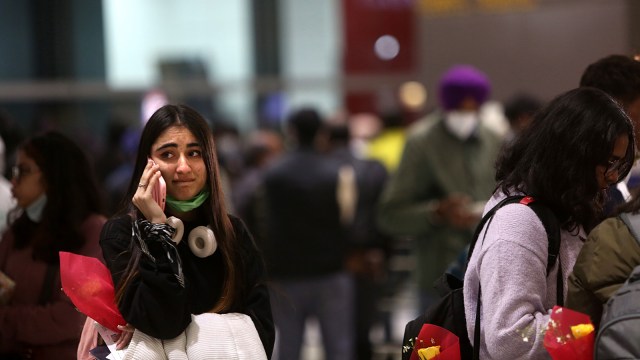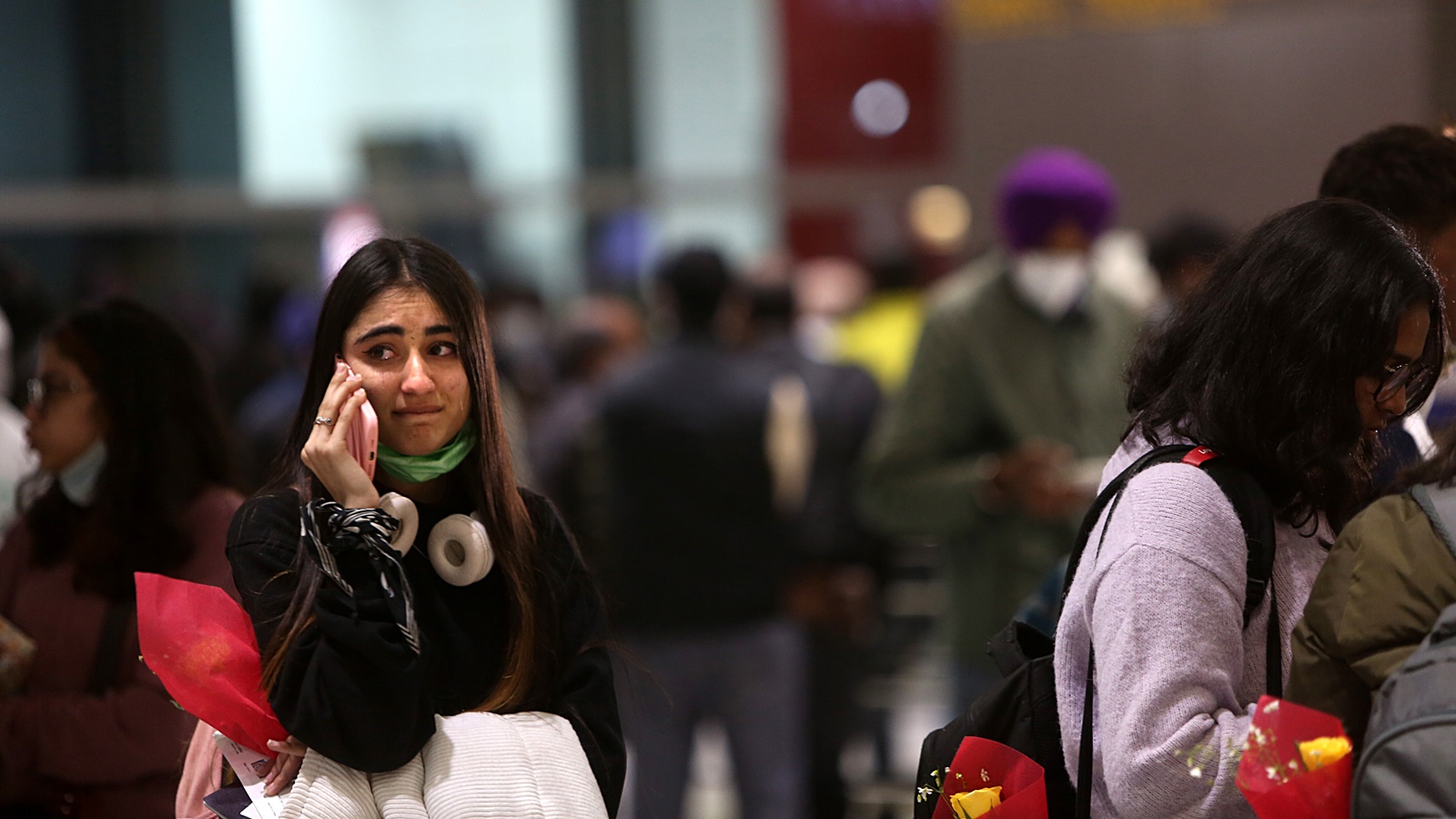
On a British Airways flight from London to Delhi in 2021, I had the misfortune of being seated next to two White British men from rural England travelling to India to work on an oil rig project in Vizag. In the beginning, the questions were reasonable: “Where are you from? What do you do? Where do you study?”. After the flight took off, and food and drinks were served — I had my customary apple juice, the men, wine and whiskey — the questions and the situation got worse. As the men got progressively drunker, courtesy questions were replaced by “Do you have a boyfriend?”, “Are your parents forcing you to get married?” and “Don’t they do that in India?” I kept getting elbowed “by mistake”. At some point, the alcohol wore them down and they fell asleep. An airhostess hurried towards me and apologised profusely for the men’s rowdy behaviour citing complaints by other passengers around. I was moved to an alternate seat and comforted with free chocolate and snacks.
This is only one instance of the kinds of harassment women face on a regular basis, whether during travel, at the workplace, on the street, or even in one’s own home. This is why when IndiGo rolled out its new feature that allows women, during web check-in, to see where other women are seated (indicated in pink), I lauded the airline for its initiative.
But after reflecting more deeply, I realised it was not so black-and-white. This move, as espoused by the airline itself, is in line with the company’s #GirlPower campaign. IndiGo has one of the highest percentages of female pilots across the world and boasts of an over 44 per cent workforce that is female. From the outside, the airline is an ally, a champion of women’s empowerment. But at the end of the day, it is a profit-making enterprise. And, its profit-maximising motive is most evident in this move, which has been launched under the guise of “celebrating” women. It exemplifies the notion of what professor Catherine Rottenberg termed “neoliberal feminism”.
In a 2014 article, Rottenberg analysed former Meta COO Sheryl Sandberg’s book Lean In and made a case for a new kind of feminism that individualises empowerment: “Neoliberal feminism is predominantly concerned with instating a feminist subject who epitomises ‘self-responsibility,’ and who no longer demands anything from the state or the government, or even from men as a group.” It is the idea that the problem of gender inequality is not structural but individual, and that every woman now can have it all — if only they want it. The onus is thus on women, as the “weaker” sex, to emancipate themselves.
Giving women, in this case, the choice of sitting next to other women, illustrates this fact. Most IndiGo seats are already paid ones, unless you choose to get assigned a seat at random. As yet, there is no additional charge for women to avail the feature of being able to see where other women are seated. But being able to see where one is seated may push more women to pay to pick their seats away from men. This feature then, can be even greater incentive for them to pay their way out of an uncomfortable experience of manspreading and being forced to close into oneself for fear of unwanted touching. Under the guise of handing women power, the airline is essentially normalising the behaviour of men and saying that if women want to escape this, they have an option to do so. Safety is your right, of course, but only as long as you can shell out the money! The fact of having to pay for a seat with the implicit idea that we can now buy safety shifts the burden of responsibility on women — yet again individualising what is, in essence, a systemic issue.
Unless the misbehaviour and entitlement of men on flights, and public spaces in general, is addressed, token “feminist” measures such as this one will only continue to place the blame on women. The inherent masculinisation of public spaces often makes them inhibiting for women. From public transport to roads, parks and even leisure spaces like restaurants and dhabas, most public spaces are geared for men, and hence, exclusionary. Something as simple as moving to the side in an elevator to make space for other people does not naturally occur to men. The infrastructure is intentionally invasive and imposing where women are meant to feel uncomfortable.
The idea of neoliberal feminism does not take into account these societal barriers that women face in accessing public spaces. IndiGo’s policy has further advanced the narrative of “men will be men” and hence, women must adjust. In this case, women must adjust by choosing to be cloistered with other women to feel safe in a closed environment. So that next time, in case of any untoward incident, the response is, “Oh! But she should have chosen to sit next to a woman.”
adya.goyal@expressindia.com



